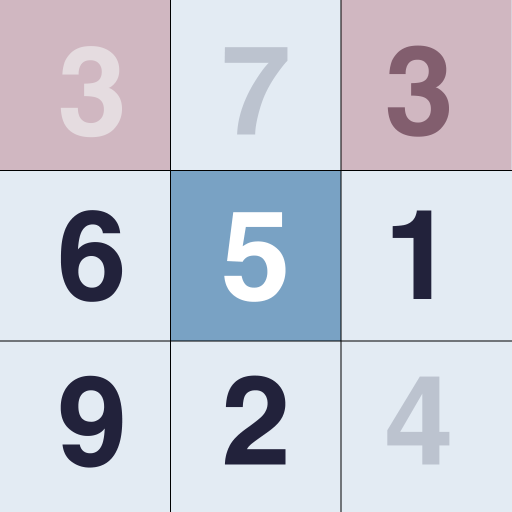
Chronotypes and Sudoku
Chronotypes and Sudoku: The Science Behind Time-of-Day Affecting Puzzle Performance
Sudoku is a beloved puzzle game enjoyed by millions of people around the world. But did you know that your performance in solving these number puzzles can be influenced by the time of day? That’s right, the science of chronotypes plays a role in our ability to solve sudoku puzzles. And it is extremely simple to dsicover your sleep chronotype with quiz now.
Chronotypes refer to individual differences in circadian rhythms or the body’s internal 24-hour “clock” that regulates sleep, hormones, and other physiological processes. These rhythms are controlled by a specific gene called the Clock gene and are influenced by environmental factors such as light exposure and social cues.
Based on the individual differences in circadian rhythms, people can be classified into three main chronotypes: early birds, night owls, and intermediate types. Early birds tend to be more alert and energetic in the morning, night owls are more alert and energetic in the evening, and intermediate types have a balanced pattern throughout the day.
So, what does this have to do with sudoku? Research has shown that a person’s performance in cognitive tasks, such as puzzle-solving, can be influenced by their chronotype. Early birds tend to perform better in the morning, while night owls perform better in the evening.
In a study conducted on a group of university students, researchers found that early birds solved significantly more sudoku puzzles correctly in the morning compared to the evening, while night owls performed better in the evening compared to the morning. The intermediate types showed no significant difference in their performance across the day.
It’s important to note that this does not mean that early birds or night owls are better at sudoku, but rather that their performance can be influenced by their internal body clock. Understanding the role of chronotypes can help individuals identify their best time to solve puzzles and maximize their performance.
In conclusion, sudoku is a great way to challenge your mind and keep your brain active. By understanding your own chronotype, you can enhance your sudoku experience and achieve better performance. So next time you sit down to solve a puzzle, consider the time of day and see if it makes a difference in your results.

Previous: Hogwarts Legacy door puzzle explained: How to solve simple and fast | Next: Hogwarts Legacy: Alohomora to open locked doors
